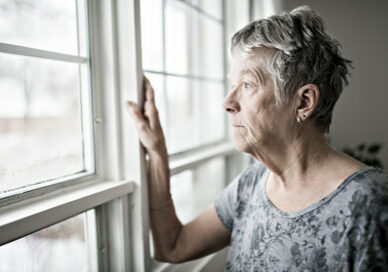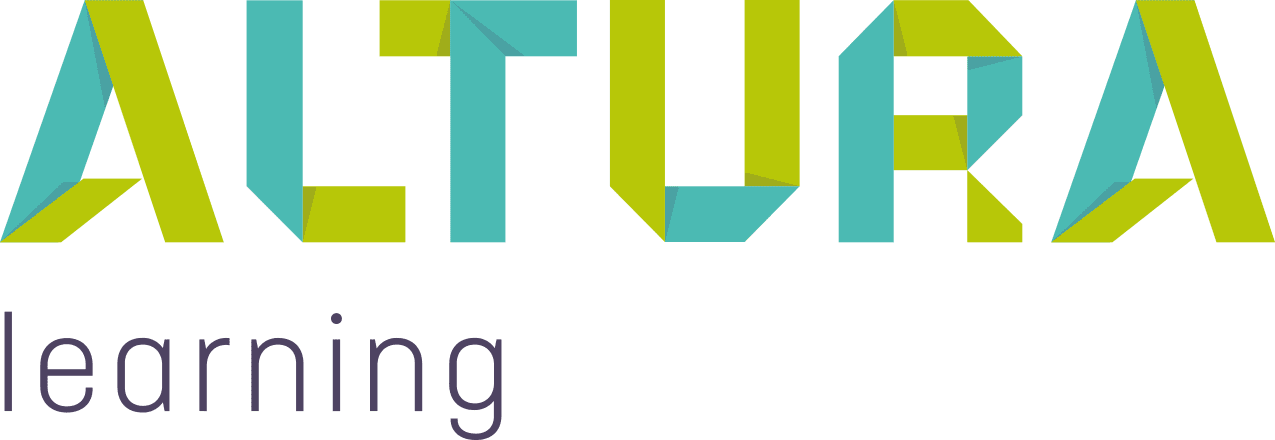Home | Altura Blog |
The Serious Incident Response Scheme (SIRS) for Home Services
November 23, 2022 | Altura Blog
All Australians have a right to live free from abuse and neglect, but sadly, we are all too familiar with reports of elder abuse in the community. Older people can become more vulnerable as they age, making them more susceptible to abuse. The consequences can be devastating.
How common is elder abuse?
According to the Survey of Older People[1], 15% of people aged 65 and older living in the community reported an experience of at least one form of elder abuse, with psychological abuse the most commonly reported. That’s a minimum of 570,000 older people in Australia alone – and remember, these figures do not even include elder abuse of those living with a cognitive decline, or those in residential aged care settings, where the prevalence of physical or psychological abuse, or neglect, is a disturbing 39.2%.
What are the responsibilities of aged care providers?
Aged care providers have a responsibility to protect older people from abuse and neglect. They have an obligation to prevent and respond effectively to any incidents of abuse and neglect in connection with care. The Serious Incident Response Scheme or SIRS, was introduced in 2021 for approved providers of residential aged care as an initiative to manage specific types of elder abuse. These are known as ‘reportable incidents’ that must be reported to the Aged Care Quality and Safety Commission for further investigation.
From 1 December 2022, the scheme will be extended to apply to Home Services providers. This includes providers of home care packages, Commonwealth home support program services and flexible care packages delivered in a home or community setting.
This means that ALL aged care providers must do everything reasonable and possible to prevent abuse or neglect from occurring – and effectively manage incidents when they do occur. There are two key requirements that will assist home care providers and their staff to transition to the scheme. These are the:
- Incident management and prevention obligations
- Requirements for notifying the Commission of reportable incidents
These reportable incidents are:
- Unreasonable use of force
- Unlawful sexual contact or inappropriate sexual conduct
- Psychological or emotional abuse
- Unexpected death
- Stealing or financial coercion
- Neglect
- Inappropriate use of restrictive practices
- Missing consumers
The period of time for notifying a reportable incident to the Commission will depend on your
classification of the incident as Priority 1 or Priority 2.
How will Altura Learning be supporting the sector?
In our new course, ‘Abuse, Missing Consumers & SIRS’ we will explore different types of abuse, the responsibilities of home service providers, and their reporting obligations when serious incidents occur.
By the end of the course, learners will be able to:
- Identify different types of abuse
- Explain what the Serious Incident Response Scheme is
- Discuss the responsibilities of staff
- Identify what a reportable incident is
- Discuss the incident management process
Please note: This course will be replacing the course ‘Recognising and Responding to Abuse’.
[1] Australian Institute of Family Studies. (2022). Elder abuse in Australia: Prevalence. (Findings from the National Elder Abuse Prevalence Study). Melbourne: Australian Institute of Family Studies.


